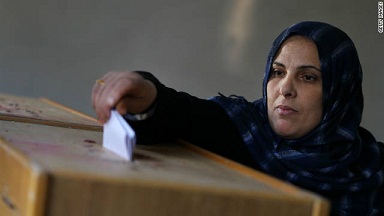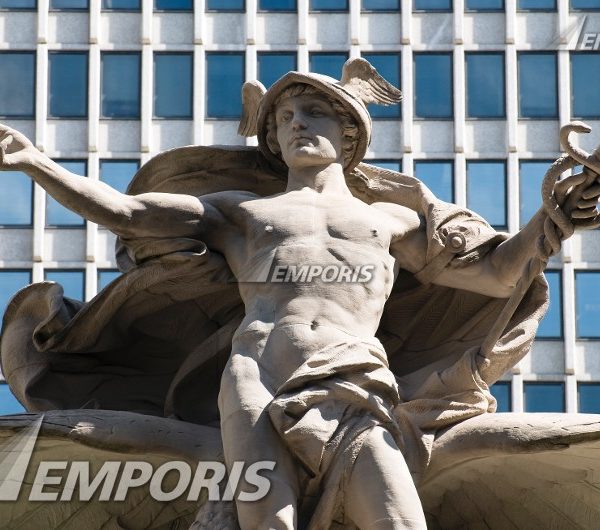
In the coming weeks, the Political Theology blog will be hosting a symposium on Political Theology and Islamic Studies, bringing together reflections from a number of leading scholars at the intersection of these fields. The editors are very grateful to our Contributing Editor, M. Owais Khan, and to Abbas Barzeger, for their long labors in putting together and editing this symposium. This first post introduces the questions to be discussed and the contributors who will be participating.

Mikhail Rostovtzeff is barely remembered in our time. Yet the paradox he embodied – a staunch anti-communist who championed economic analysis of classical Greece and Rome – is worth reconsideration. To his great credit, Rostovtzeff set out to shift the focus of ancient historiography on politics and military matters to economic concerns. Classically trained, a man of prodigious learning and without fear of grand narratives, Rostovtzeff boldly reconstructed the economies of ancient Greece and Rome in terms familiar from capitalism, that is, in terms of neoclassical economic theory.
Perhaps you heard about the candidate in the North Miami mayoral race who claimed that Jesus endorsed her.
